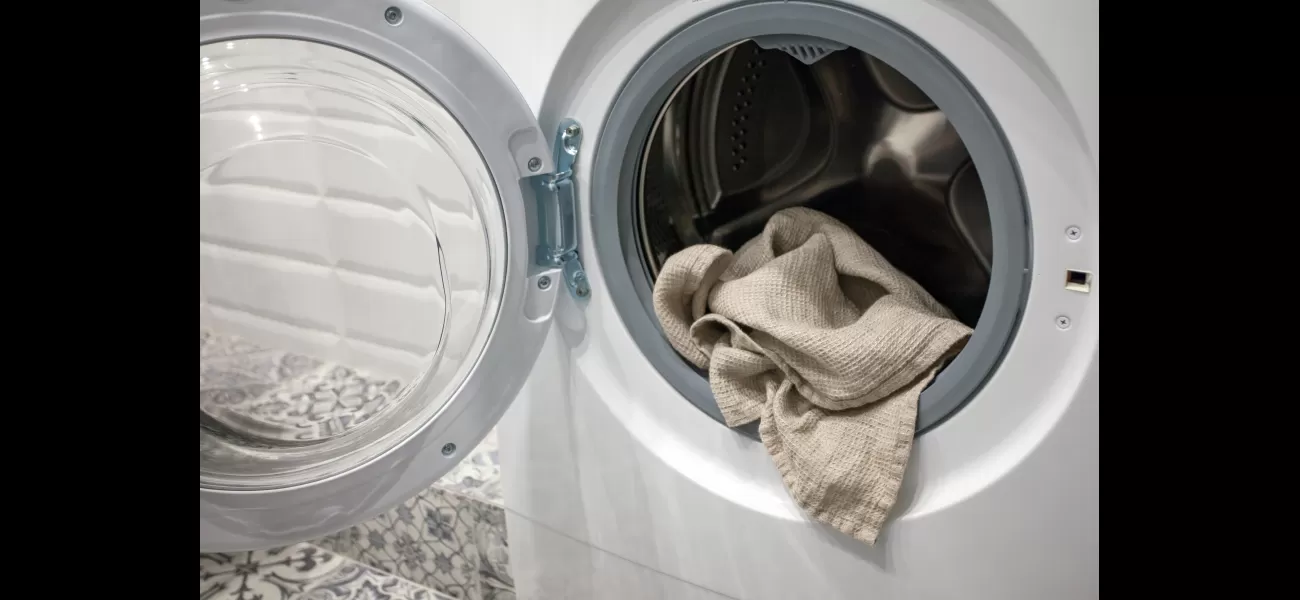Cost of running household appliances from 2023: fridges to tumble dryers.
Energy price cap to decrease from July 1.
July 1st 2023.

From today, July 1, the energy price cap has dropped from £3,280 to £2,074, meaning that the bills of a typical household should decrease. However, prices are still incredibly high compared to January 2019, when the typical annual household energy bills was £1,137.
It's a good idea to know how much you're spending on running different household appliances, so that you can manage your money in the most efficient way.
According to Which?, the most expensive appliance to run from July 1 will be a condenser tumble dryer, costing an average of £152 a year. This is more than double the amount you'd pay for a heat pump model.
The next most expensive appliance is the American style fridge freezer, costing an average of £129 a year. Fridge freezers come in different sizes, with smaller ones generally being more efficient and costing an average of £90 and £80 a year respectively.
The cheapest household appliance, out of those tested by Which? is a heat pump tumble dryer, which will cost an average of £60 annually.
If you're looking for ways to cut down on your tumble dryer costs, the Energy Saving Trust recommends shopping for a more energy efficient model, as dryers are rated from A+++ to G according to their energy efficiency. This can save you up to £455 a year if you go for the highest-rated A+++ model.
Other tips include drying larger loads in one go, keeping your dryer in a warm room, and making sure it's free of dust and lint which can clog up the filter.
Of course, the cheapest method of all, if you can, is to dry your laundry naturally on a clothes horse or clothes line, and give the dryer a rest. With these tips, you can make sure your household appliances are running cost-effectively.
It's a good idea to know how much you're spending on running different household appliances, so that you can manage your money in the most efficient way.
According to Which?, the most expensive appliance to run from July 1 will be a condenser tumble dryer, costing an average of £152 a year. This is more than double the amount you'd pay for a heat pump model.
The next most expensive appliance is the American style fridge freezer, costing an average of £129 a year. Fridge freezers come in different sizes, with smaller ones generally being more efficient and costing an average of £90 and £80 a year respectively.
The cheapest household appliance, out of those tested by Which? is a heat pump tumble dryer, which will cost an average of £60 annually.
If you're looking for ways to cut down on your tumble dryer costs, the Energy Saving Trust recommends shopping for a more energy efficient model, as dryers are rated from A+++ to G according to their energy efficiency. This can save you up to £455 a year if you go for the highest-rated A+++ model.
Other tips include drying larger loads in one go, keeping your dryer in a warm room, and making sure it's free of dust and lint which can clog up the filter.
Of course, the cheapest method of all, if you can, is to dry your laundry naturally on a clothes horse or clothes line, and give the dryer a rest. With these tips, you can make sure your household appliances are running cost-effectively.
[This article has been trending online recently and has been generated with AI. Your feed is customized.]
[Generative AI is experimental.]
0
0
Submit Comment





